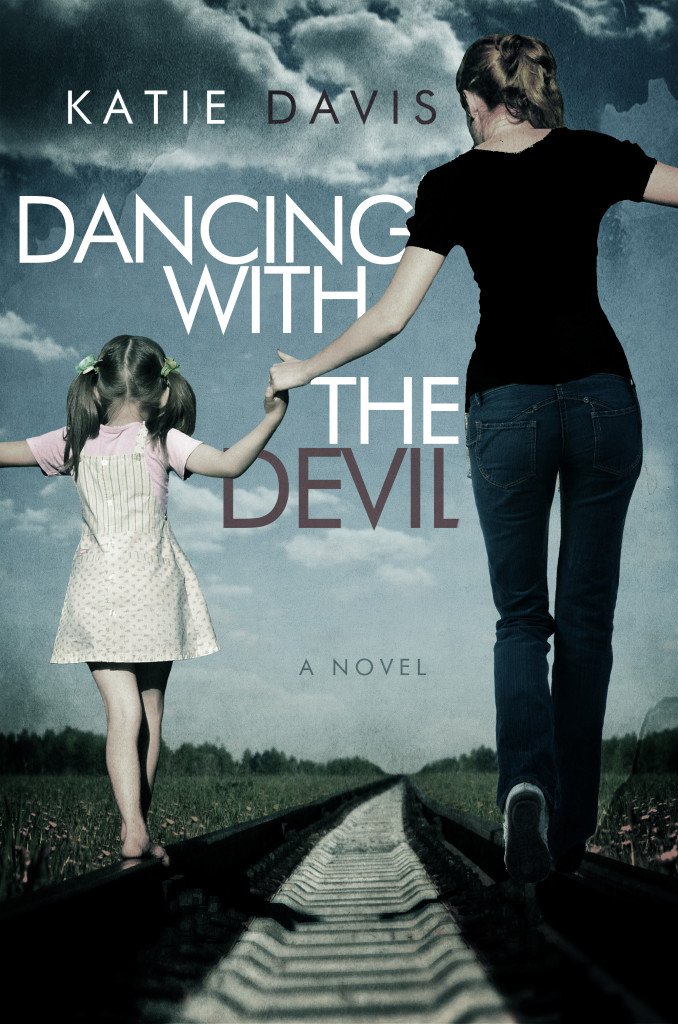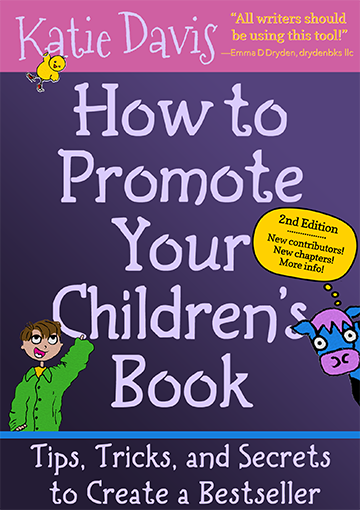Dancing With the Devil comes out today. After so long, I’m thrilled, and yet sort of in shock. I’m frozen, waiting to hear how teens will react. I’ve never not cared about trade reviews before; all I care about are my teen readers. I want them to take Mackenzie––my kickass survivor heroine––into their hearts, as I have, and love her up, as I have. She has flayed me, over these years, and it pretty much kills me that she isn’t actually a real person I can talk to. I will be interviewed, live, on Thursday to talk about how to write a young adult novel on sexual abuse that’s not about sexual abuse (it’s about being a kickass survivor); you can find more info here. Below is an interview included in my Educator Guide, downloadable here. Thank you to Julie Falatko for providing the questions.
This story is such a departure from the other fiction you’ve written. Can you talk about what got this idea rolling for you?
I was at Cynthia and Greg Leitich Smith’s house, listening to authors Laura Ruby and Franny Billingsley talking about writing. The whole thing came to me in such a memorable moment I feel like I have a physical photo of it.
I don’t think this book is that big of a departure for me, but maybe it just feels that way because I’ve been working on it for so long. It took me nine years to write, edit, rewrite, edit, rewrite, and rewrite, and so on. Plus, I do think that every person has so many different facets that it shouldn’t be a surprise when someone shows a different side. I’m not just someone who writes funny picture books, I’m also someone who’s written so-called “dramedy” middle grade novels and marketing guides for adults, so why not YA?
This book was so scary. Were you scared while you were writing it?
Definitely. I didn’t even know that was possible. I was scared for a lot of reasons. Scared for my characters, and scared for the real kids who don’t have someone like Barb in their lives. In fact, I was so scared, I didn’t even know Lily was in danger. I was stuck, and the book just wasn’t moving, and Mac wasn’t a sympathetic enough character. She keeps the world at arm’s length because she can’t risk getting hurt. But I was also keeping the reader at arm’s length because of that.
So one day I was talking with another writer about this problem. She asked me about Lily’s abuse. I looked at her in shock. “What do you mean, Lily’s abuse? No, not Lily!” I love little Lily. Lily is in the present. Mac was in the past. I now had to deal with this in the present. That is when the book really started rolling. I’d been working on it four years by that point.
You use a lot of imagery, but your writing is deceptively straightforward. What was that like in the writing process for you?
Similies are a bear for me! You know that scene with the washer/dryer, where Mac is retrieving her dress? I wrote and rewrote that a million times, it seems. I have a terror of being trite. But similies and metaphors don’t come easily to me (and I get them confused, so whatever you do, please don’t quiz me).
In terms of its being straightforward, I felt this book called for spare writing because Mackenzie is spare. She has cut out everything she can in order to survive. Her feelings, her memories, her emotions. She’s trying to control her world; she’s turned herself into a survival machine. So I thought: the fewer words, the better.
Why did this book take you nine years to write? Also, can you talk a bit about the tension in the story and how you ramped it up, or was that there from the get-go?
When the story first hit me over the head, Mac didn’t like Lily. The relationship they have now didn’t exist in the early stage of the book. I ended up researching and learning that kids who are being abused often protect younger siblings. That changed the entire story and gave it much more depth and heart.
I think the tension is created in a few ways. First of all, her abuse is made clear instantly, so the reader wonders right from the start what could top something that dramatic? Then, when she has to give up the one thing she’s been saving up for all those years, the one thing she’s wanted more than anything, to go back into the belly of the beast, you’re afraid for her. But as she’s on that journey, you’re also afraid for her not to go, and you want her to hurry. So all those conflicting feelings add up and create tension. You want her to hurry up and go back to the place you don’t want her to go at all.
I love Mackenzie. I hope you love her, too.
You can order the book by clicking here.
Download the Teacher Guide here.





